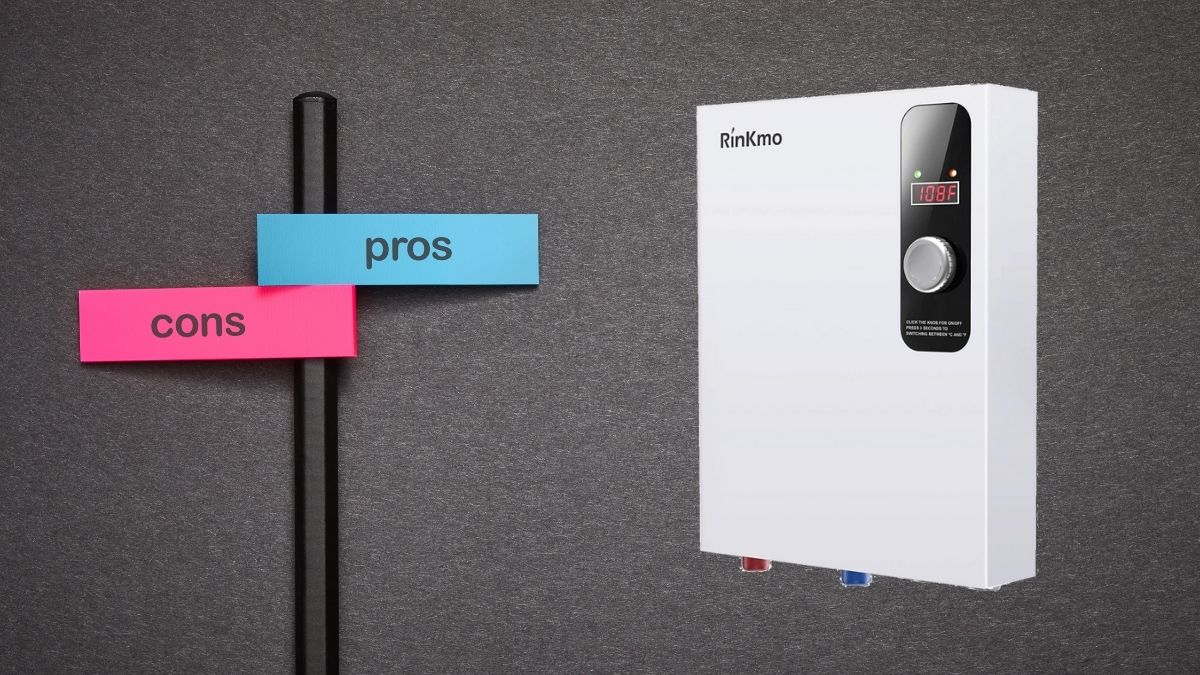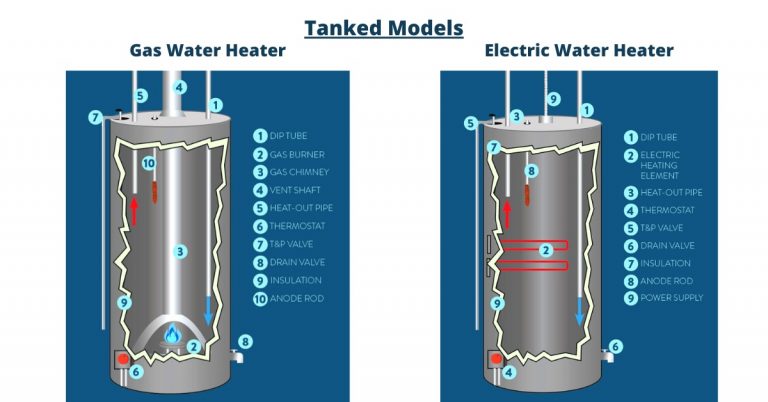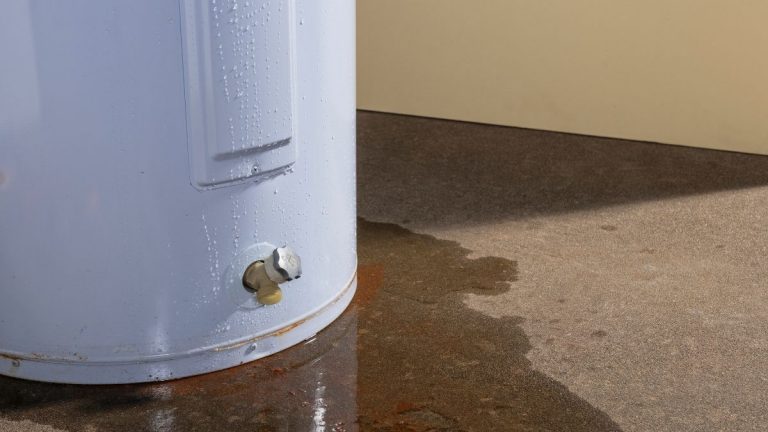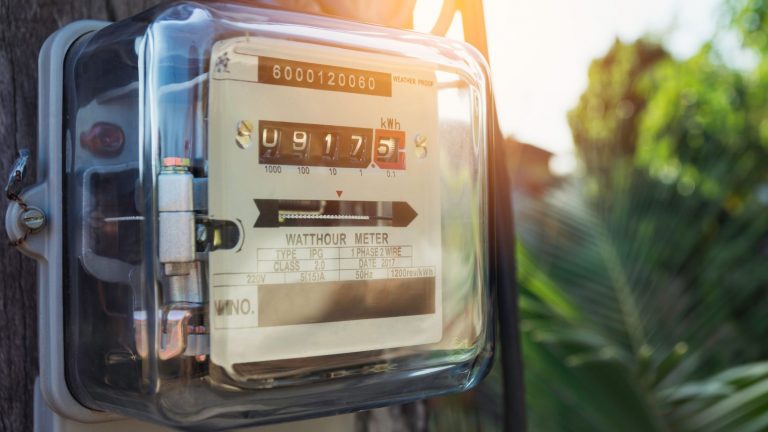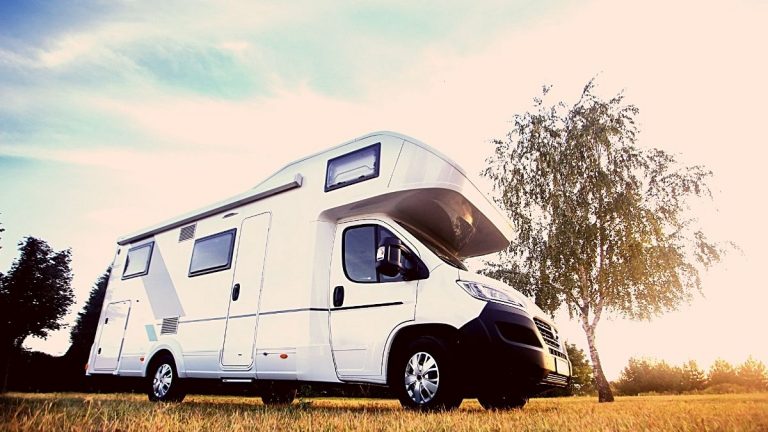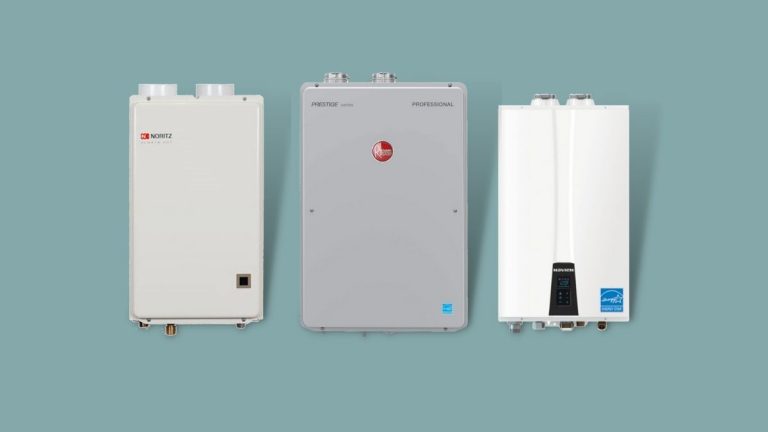13 Pros & Cons of Tankless Water Heater: Must Know Before Buying!
It’s Monday morning, everybody has had their shower, and you are the last one in the row. And just when you got in, shampoo your hair, and whoa! Cold water starts to pour unexpectedly and shocks you. And this isn’t the first time. Somebody’s always a scapegoat.
Maybe it’s time to think about doing something about your traditional tank water heater that always runs out of hot water.
Or maybe you should just switch to the new technology of tankless water heaters that claims to never run out of hot water no matter how many showers are taken back to back.
But yes, it’s a big(and usually costly) decision, so knowing all the advantages and disadvantages of this tankless water heater makes complete sense before committing.
So I’m going to share with you, not 2 or 3 but 13 tankless water heater pros and cons. But first,
What is a tankless water heater?
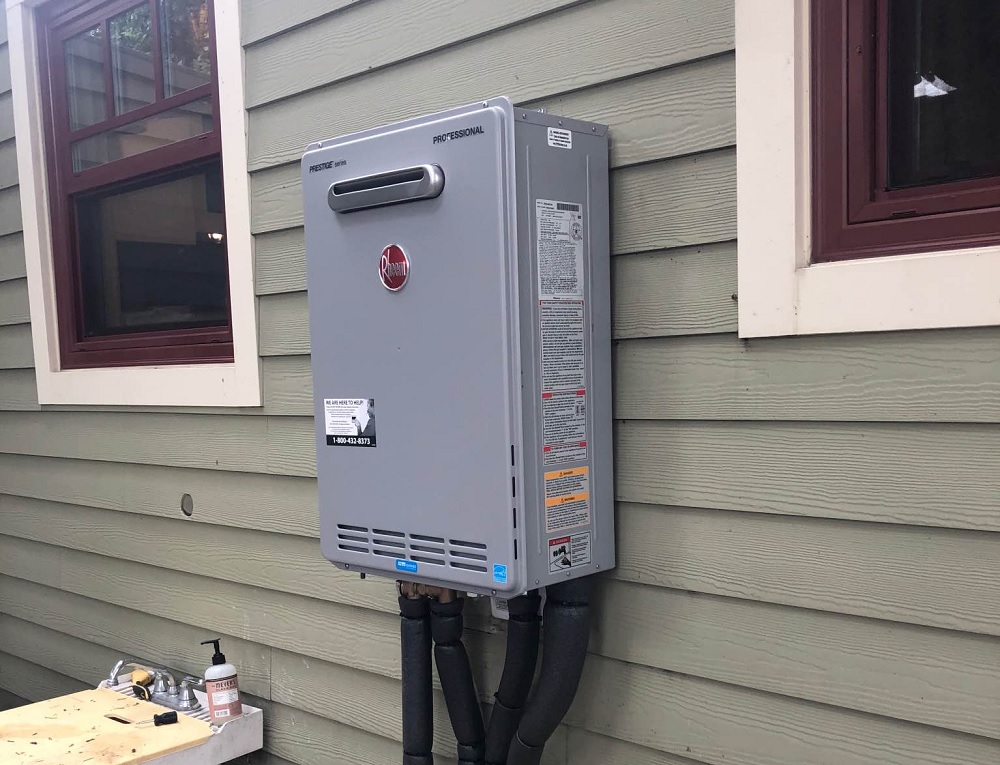
A tankless water heater, as the name suggests, is a water heater without a tank. It doesn’t store hot water. Instead, whenever a hot water tap is opened, the cold water passes through the unit and its heat exchanger and gets instantly heated.
The 13 pros & cons of tankless water heater
Pro #1 Instant on-demand hot water
Tankless water heaters are also called instant or on-demand water heaters because this unit heats water instantly on-demand when hot water is needed.
When you open the hot water tap or start the shower, the water flow through the heat exchanger and gets heated instantly so there’s no waiting for water to get heated.
Con #1 Takes some time to reach hot water
Although tankless water heaters heat water instantly, it may take a few seconds to a minute to reach the tap. It depends on the distance of the water heater from the fixture. And also the existing cold water in the pipes has to be removed and thus you may get cold water when you first open the tap.
Pro #2 Never run out of hot water
Traditional tank water heaters store the reserves of hot water that can run out. That’s not the case with tankless water heaters. Instead of keeping reserves, it instantly heats and delivers hot water which means theoretically you can get unlimited hot water as long as you do not max the outflow rate.
So with tankless water heaters, you can take as many showers as you want or as long as you want.
Con #2 Low flow or fluctuating water temperature
With conventional tank water heaters, you can use as many hot water fixtures as you want at the same time as long as the water in the tank lasts. But that’s not the case with tankless water heaters. There’s a limit to the amount of water the unit can heat per minute (measured in GPM). And if you cross that limit, usually by using multiple taps at the same time, then the water flow gets reduced or the temperature drops.
The best way to tackle this situation is to use a properly sized water heater, use low-flow fixtures and avoid using multiple fixtures at the same time.
Pro #3 Eligible for federal tax rebate

One of the benefits of a tankless water heater being energy efficient is a tax rebate. As of December 2016, Energystar-certified tankless water heaters are eligible for a 10% federal tax credit on unit and installation expenses.
Con #3 Higher initial investment
Tankless water heaters are very efficient but can cost a lot in upfront expenses. It can be three times as much expensive as tank water heaters.
A tank water heater may cost anywhere between 500 to $800. A tankless unit can cost $600 to $1500 and beyond a tankless gas water heater.
Add up the complicated installation procedure which depends on the situation of your plumbing, electric service, and gas line and you may have to shell out anywhere between $3000 to $5000 for the complete project. You can install smaller 60 Amp electric tankless units to avoid the expense of service upgrades.
Pro #4 Compact and space-saving
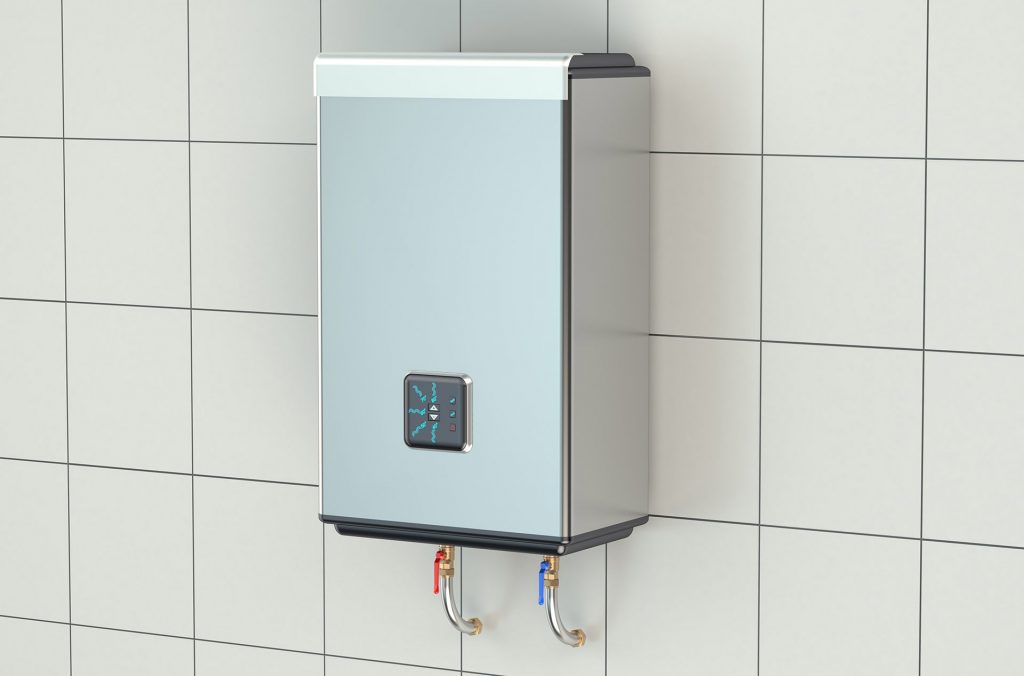
One of the best things about tankless water heaters is their compact size. The suitcase-sized yet powerful unit can hide anywhere. In your cabinet or on the wall. Just make sure it has a little space to breathe and ventilation if it’s gas-powered.
Compared to a tank water heater it saves you a lot of square footage and floor space. Tankless water heaters are 1/10 of the size compared to tank water heaters.
Con #4 May require additional equipment
While tankless water heaters can run standalone without any extra pieces of equipment but some of these accessories add up to the better service and convenience of your water heater.
If you have hard water in your home then it’s best you install a water softener. It will protect your appliance from rusting and you won’t need to do frequent maintenance as well. You might also need to install valves at the inlet and outlet of the water heater so flushing it becomes easy. This all might add up to increased expenses.
Pro #5 No standby heat loss
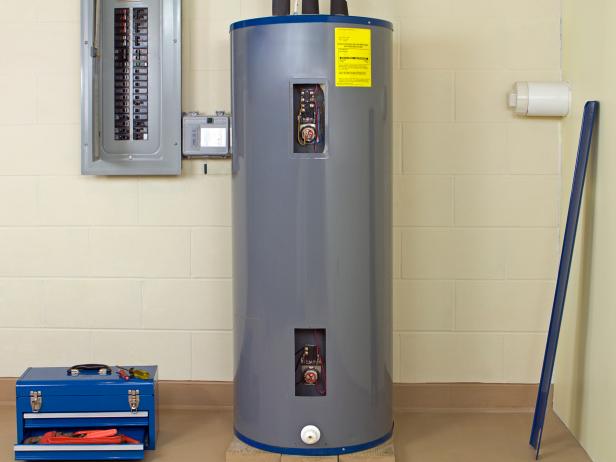
The problem with tank water heaters is that they keep reserves of hot water all the time whether someone using it or not. This unused hot water stays there and loses heat which is what we call standby heat loss. The energy that is used to heat that water is also lost.
With tankless water heaters, there’s no such thing. Since there’s no tank and water gets heated only when needed, there’s no energy loss as well.
Con #5 Longer payback time
You may think that tankless water heaters cost a lot upfront but will make up for it in energy bill savings. Here’s exactly how much electricity an electric tankless water heater consumes.
And while that’s true but this payback time can get longer. You can expect to save a few hundred dollars annually on the energy bill and in this way, it can take anywhere from 10 years to more for a complete payback. You will also want to manner your hot water usage habit to save money.
Pro #6 longer life span
That’s true. Tankless water heaters can last twice as long or more than 20 years if maintained regularly.
This is mainly because there’s no tank involvement and thus less risk of corrosion and rusting that can ruin the unit.
Con #6 Not as effective for larger families with high hot water demand
Tankless water heaters are great. They provide limitless hot water, save way more energy, and are very compact.
But there’s a catch. Every tankless water heater has a limit to how much hot water it can deliver in a minute. It’s measured in gallons per minute. What this means for you is that there is a limit to how many hot water outlets you can use simultaneously.
So if you have a big family of like 5-7 people and 2-3 people are taking shower at the same time, someone else is using the sink and all, then your water heater mostly likely will exhaust. It won’t be able to deliver water with consistency.
The way around it is to get a water heater of proper size, use fewer fixtures at the same time, or use smaller points of use tankless water heaters at each fixture.
Pro #7 High energy efficiency
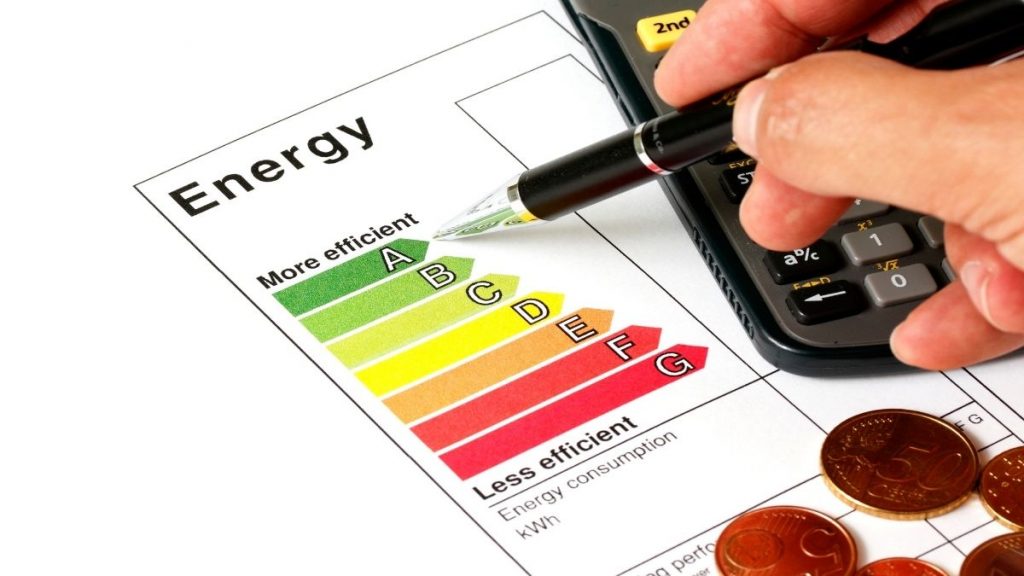
According to the department of energy, tankless water heaters can be upto 24 to 34% more energy efficient compared to tank models.
This is because, as previously mentioned, the water heaters only use energy when hot water is needed and not like the tank model which uses energy 24hrs.
Electric tankless water heaters are even more energy-efficient compared to tankless gas water heaters.
Con #7 Solar water heating option available for warm climate
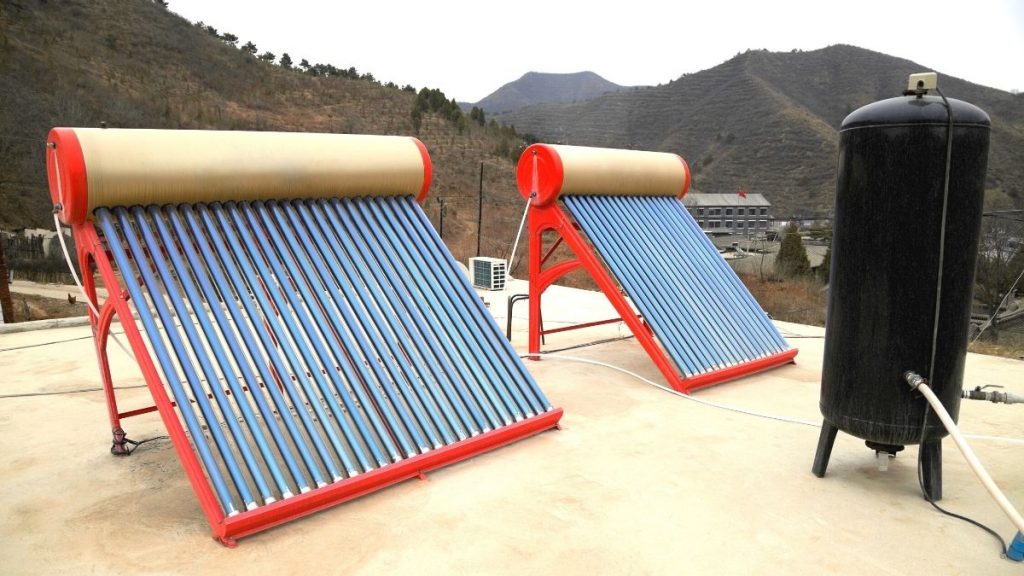
Apart from tankless and tank water heaters, other water heating options also exist. Like solar water heaters. Especially popular in warm climates, these water heaters once installed, can provide hot water to your home for years to come with minimum Maintainance. Best of all, there’s no monthly electricity or gas bill you have to pay to heat the water.
Pro #8 Longer warranty offered
Since tankless water heaters are less prone to corrosion and rusting due to the reasons previously mentioned, they last longer, and thus most manufacturers provide lengthy warranty periods. Some even provide a warranty for upto lifetime.
Usually, electric tankless water heaters come with a longer warranty than gas types.
Con #8 Usually maintenance is necessary to stay within the warranty
Minerals in water are enemies of metal, especially hard water. The minerals and calcium present in hard water stack up over time and not just makes the appliance inefficient but also damage the unit.
That’s why it’s important that you at least yearly maintain and flush your water heater of these sediments. In fact, some manufacturers have these conditions to stay eligible for a warranty. Here’s the list of tankless water heater brands with the best warranty.
Pro #9 Both gas and electric options are available
If you plan to buy a tankless water heater then you will be glad to know that both gas (like natural gas, and propane) and electric-powered water heaters are available. So you can choose according to your home’s electric service specification and gas line availability and fuel cost. Check out my comparison of gas vs electric tankless water heaters.
Con #9 Standard tank water heater with EnergyStar rating available that are energy efficient
It’s not that the tank water heaters haven’t improved. Now such tank water heaters exist with EnergyStar ratings and are made in a way that is more energy-efficient than before. That can keep your hot water well insulated for a longer period saving you energy and money. In fact, some Energystar tank water heaters are also eligible for federal tax rebates.
Pro #10 Monthly savings
Thanks to the improved efficiency of the tankless water heater, you can start to see reduced monthly energy bills from month one. You won’t be able to buy a car with the savings but over the years the savings will pay off for the cost of the water heater.
Con #10 No hot water during the power outage

One of the best things with tank water heaters is that you will always have a tank full of hot water even during a power outage. But that’s not the case with tankless water heaters.
Even a gas-powered tankless water heater requires electricity to run its computer and operate. So if you live in a region with frequent power outage problems then you might have to take this into the account. A tankless water heater can not provide hot water during a power outage.
Pro #11 Low risk of leakage

Tankless water heaters do not keep the storage of water which means they are less susceptible to corrosion and rusting and thus there’s less risk of leakage and flooding.
Pro #12 No risk of tank explosion
A water heater explosion is a rare but real thing. The issue with the water heater tank is pressure buildup due to various reasons like high temperature and sedimentation. This high pressure, if reached extreme limits, can cause an explosion that can be dangerous.
There’s less risk of dangerous explosion with tankless water heaters since there can’t be extreme pressure build-up.
Pro #13 No worries about toxic bacterial growth in the water
With a tank water heater always having water stored, if the temperature of this water is maintained at a certain low point then there’s a chance of the growth of toxic bacteria. This can be harmful to your health.
There’s no such risk with tankless water heaters. Since no water is stored and thus no risk of bacterial growth.
Infographic
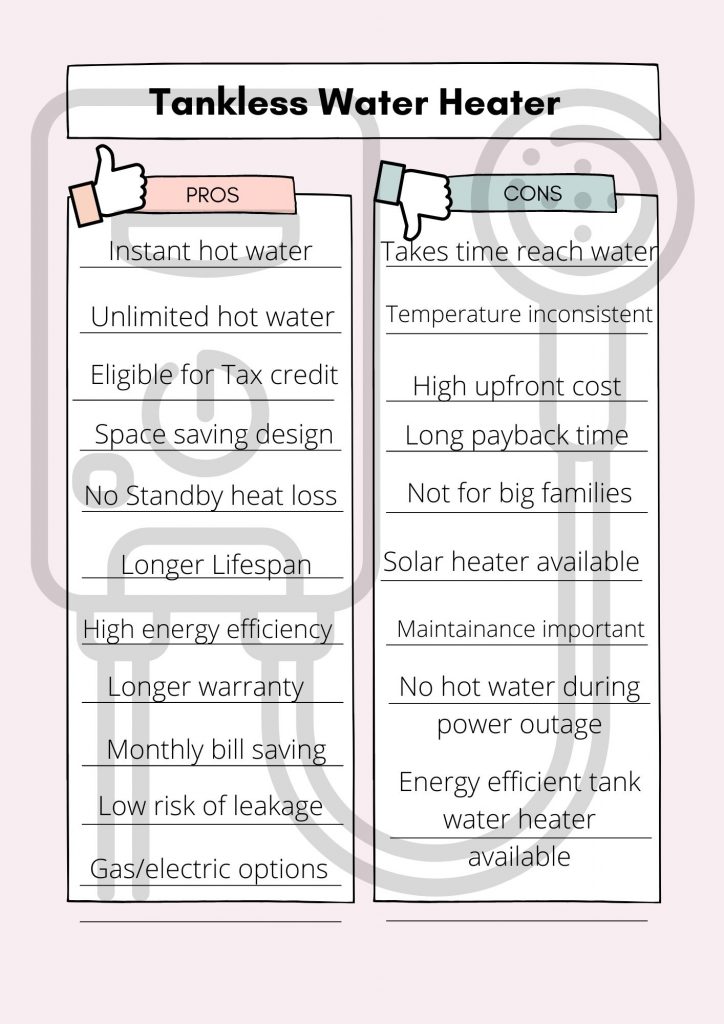
Conclusion
So those were the 13 biggest pros and cons of tankless water heaters. I hope I could give you some clarity in deciding whether to go with a tankless water heater or not.
If you ask my opinion, the tankless water heater definitely worth it, as a matter of fact, you have a good chunk of money ready to invest as the installation is expensive. If you like saving money month on a monthly basis then you definitely need tankless. And of course, if you frequently run out of hot water then a tankless water heater should be your call. Check out the best whole-house electric tankless water heaters here.

